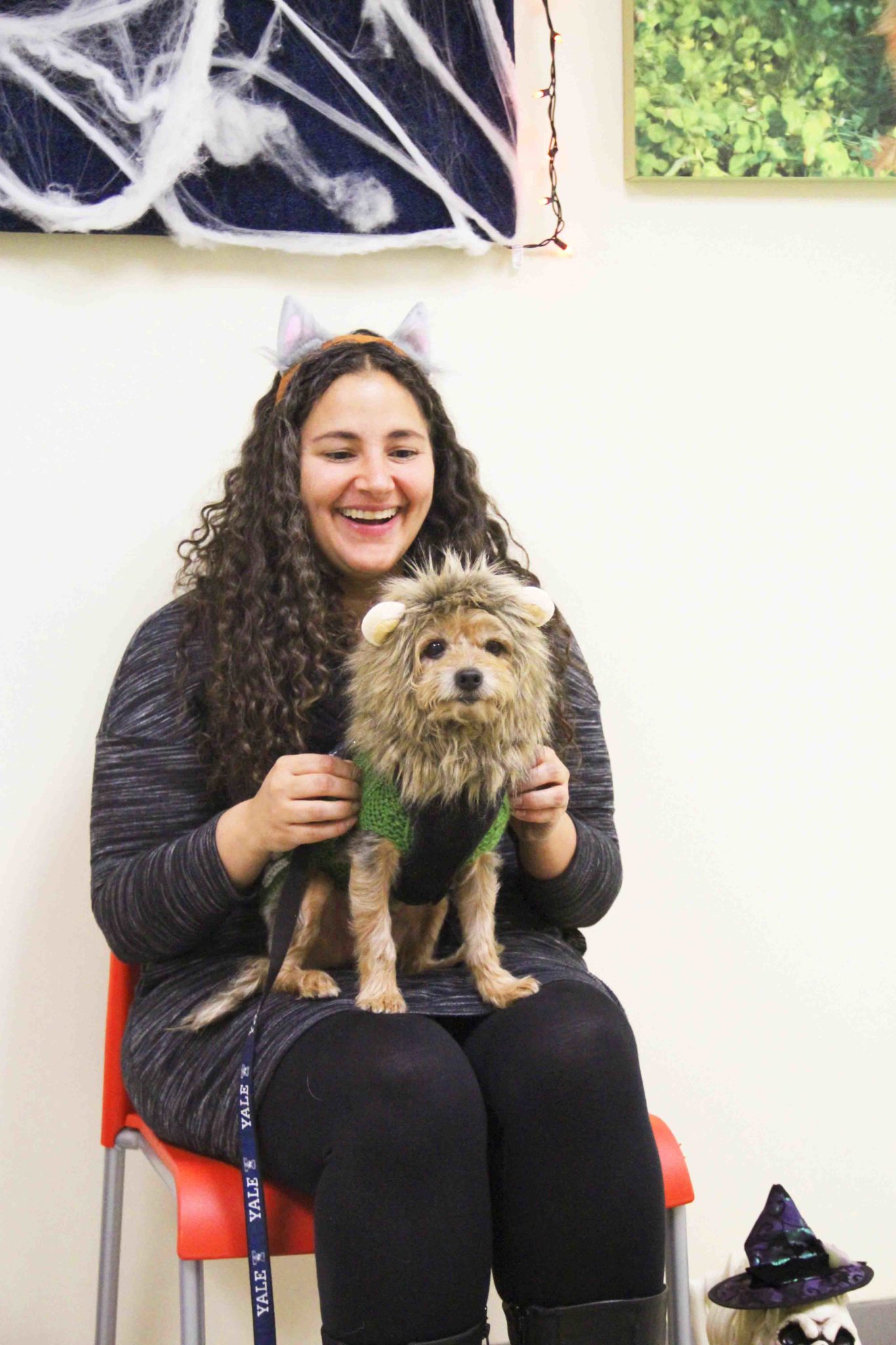
When professor of psychology and Head of Silliman College Laurie Santos decided to teach “Psychology and the Good Life,” she expected more than 100 students to enroll. Her classes tended to be popular, after all.
What she did not expect was that “Psychology and the Good Life” would soon become the most popular class in the history of Yale College, with an enrollment surpassing 1,200.
The class, offered for the first time this semester, focuses on psychological bases for methods to increase happiness and reduce stress. It originally met in Battell Chapel, but since the number of enrolled students exceeded the space’s capacity, the lectures will also be simulcast in several other classrooms across campus. The simulcast means that there will be no cap on the number of students who wish to enroll in “Psychology and the Good Life.” Santos’ class will also be the first in Yale’s history to have its own mobile app: ReWi, which students will use to complete tasks intended to increase their happiness.
“I think one reason the course has generated so much interest is that students on campus are ready for a change,” said Santos. “I think students are realizing that Yale isn’t as happy as it could be, and they want to take steps to change that. I think students want to have a conversation about mental health and stress levels on campus and what they can do to make things better, and I think this class could be a catalyst to some positive cultural changes on this campus.”
The most popular course in Yale history prior to “Psychology and the Good Life” was University President Peter Salovey’s “Psychology and the Law” class, which in 1992 boasted 1,052 enrolled students.
Santos said that she wanted to teach students scientifically backed ways to deal with stress and “fight the culture” that suggests students cannot take a break.
“I wanted to teach the course because, as head of Silliman, I really, really worry about my students,” Santos said. “I hate seeing them so time constrained that they never have a chance to take a break and explore this interesting place. I hate seeing them waste their college years being anxious about the future. I wanted to start a larger conversation about Yale’s culture more generally. And I guess it turned into a much larger conversation than I intended.”
Students enrolled in the course cited a variety of reasons for their interest.
“I took the class because I realized it was only going to be taught for one semester,” Ayla Khan, ’21 said. “It seemed like a very special class because, while Yale is an Ivy and it’s very focused on its academics, I thought it’s very interesting that they created a class which could be an academic course but more about self-improvement and about living a healthier life.”
Greta Browne, ’21 said she was interested in the class because it focused more on practical applications than theoretical psychology.
Browne added that the experience of taking a class with over 1,000 classmates is also appealing.
“I think the number of students gives the class a nice energy,” Ivana Prstic ’21 said. “It takes off the pressure because it doesn’t seem like you’re competing with others, it’s more like you’re all in it together.”
Prstic added that psychological research on happiness has become fairly popular recently and is likely to be useful in the future.
Santos came to Yale in 2003.
Jever Mariwala | jever.mariwala@yale.edu







